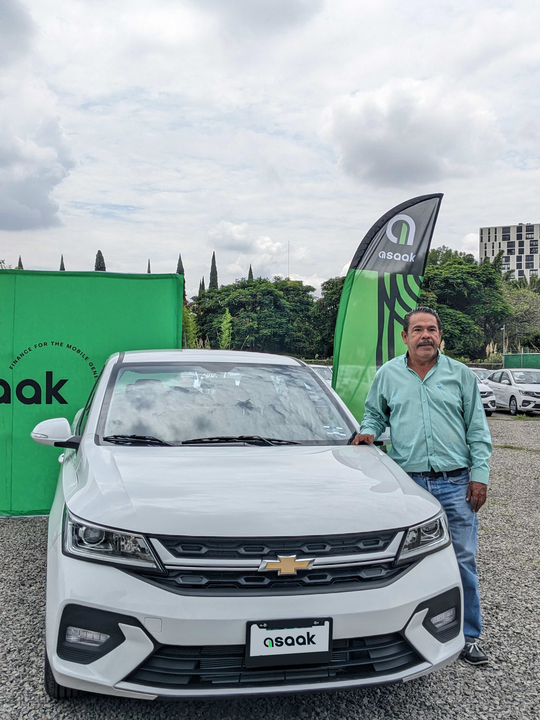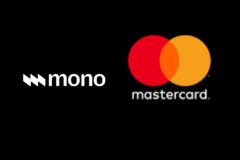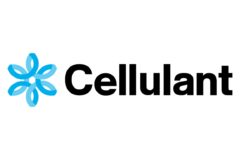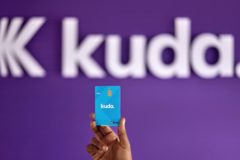Asaak joins Nigeria’s Paga as one of the few African tech companies to expand to Latin America.
Founded in 2016, Asaak offered motorcycle and smartphone loans to Ugandans individually and through partners like SafeBoda. It has now acquired FlexClub’s Mexican business on “friendly terms” as it pursues a growth strategy outside Uganda (and Africa).
After becoming profitable on the back of its program that purchased motorcycles for boda boda drivers in Uganda, Asaak began to consider options for expansion Kaivan Sattar, CEO and founder of Asaak explains to TechCabal. While the Asaak team explored opportunities in Africa, their attention was caught by FlexClub, a Mexican startup offering car financing for Uber drivers and providing software that allowed South African car rental companies to offer vehicle “subscriptions” to drivers.
FlexClub straddled two continents and offered different products, which was an operational strain. Asaak was looking for its next big asset financing market. At the same time, some of its partners in Uganda had pulled out of countries bigger than Uganda. So, it made sense to be open to anything.
The Asaak team decided the right opportunity was to buy the asset financing business of FlexClub, which wanted to focus on its South African market. Both firms also shared mutual investors, which made the acquisition natural and one that investors welcomed.
“As active investors in both Asaak and FlexClub, simple.Capital() spotted an opportunity to procure the acquisition of FlexClub’s Mexican business by Asaak. We congratulate both management teams on the closing of this transaction which we believe has significant benefits for both Asaak and FlexClub,” said Blake Musgrove, Partner and Chief Investment Officer at simple.Capital.
Tinashe Ruzane, CEO and co-founder of FlexClub said the startup left its Mexican business to focus on South Africa because of the ”need for sharper focus in this very challenging economic environment, not [as] a reflection of the potential.”
Going to Mexico
Only 37% of adults in Mexico have accounts, and just 32% have made or received digital payments, according to the World Bank. It remains a primarily cash-based economy. One downside of this is that as businesses and individuals transact mostly in cash, they may not have a formal financial trail to qualify for credit.
“Historically, there has been a lack of desire from the banks to go after clients that are perceived to be higher-risk, combined with the lack of the tools to properly service them,” David Poritz, co-CEO of Covalto, a Mexican digital banking and services platform told The Banker
Mexico is also home to a thriving industry, thanks to the millions of tourists visiting hotspots nationwide yearly. Despite occasional altercations with regular taxi driver unions, the country is one of Uber’s biggest and most profitable markets.
Kaivan has lived and travelled across East Africa for some years prior to Asaak. He spoke fondly of the cultural nuances that were embedded in how they sold Asaak as they grew the business to become profitable. Like getting spouses to participate in the loan product and co-sign the lease papers. And creating a children’s room for the anxious families who trooped to Asaak offices to pick up the family’s first motorcycle and future source of income every day.
It’s largely the same in Mexico, “the men come with their wives or girlfriends, or the women come with their boyfriends to pick up their cars and they drive off with it,” Sattar says. Where it once financed boda bodas, Asaak will now be providing car loans, so replicating their Ugandan success in an entirely different setting with a different set of products will mean understanding more of these cultural cues and undertones for this new set of customers.
“The vehicle is the entry point into our credit ecosystem, from which drivers can eventually access additional credit for fuel, repairs, smartphones or other needs they may have. We’ve proven this can be done profitably at scale for our clients, both online and in person,” Sattar said in a press statement.
“We love asset financing/ Other people may not like it, but we love it,” Sattar declares. Having built a strong business serving informal customers in Uganda. He is counting on using that experience to make his vision of digitising Mexico’s lease-to-own vehicle market, profitable.
Have you got your tickets to TechCabal’s Moonshot Conference? Click here to do so now!
Editor’s note: The headline was updated to reflect that only the Mexican business is being acquired.





















